
Tag Archives Horse Health
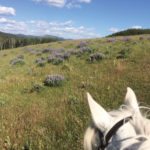
Feeding fats and oils to horses
Too much of a good thing can cause a myriad of problems for horse health
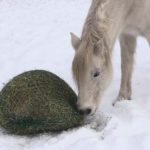
The numerous benefits of slow feeding to the horse
Horse Health: Horses are designed to eat low-energy forages nearly constantly
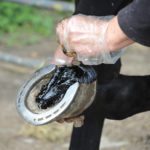
Key points to read the sole of a hoof
Horse Health: The sole of a horse is a remarkably adaptive and resilient thing, but you can help it improve
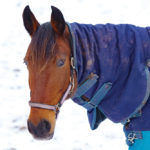
What to consider when blanketing your horse
Horse Health: The animal’s body condition, nutrition and level of activity can all affect this decision
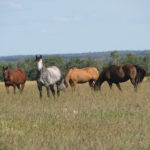
Horses and tapeworms
Horse Health: It’s unclear if there’s much, if any, impact on horse health from tapeworm infestations
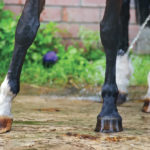
Ringbone in horses
Horse Health: Abnormal and repetitive stresses are frequent causes of this source of lameness
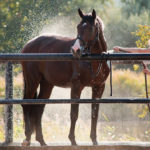
Heat stress and horses
Horse Health: Emergency interventions may be necessary to save overheated animals
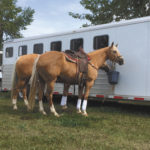
Important considerations when trailering horses
Horse Health: Doing it right can dramatically reduce the stresses placed on horses in transport

Care of the nursing foal
Horse Health: Mother Nature, their own mother and human caretakers all have a profound effect on the wellness of young horses

A 10-point checklist for the newborn foal
Horse Health: Tick the boxes to ensure your young foal is meeting developmental milestones and has no major issues


